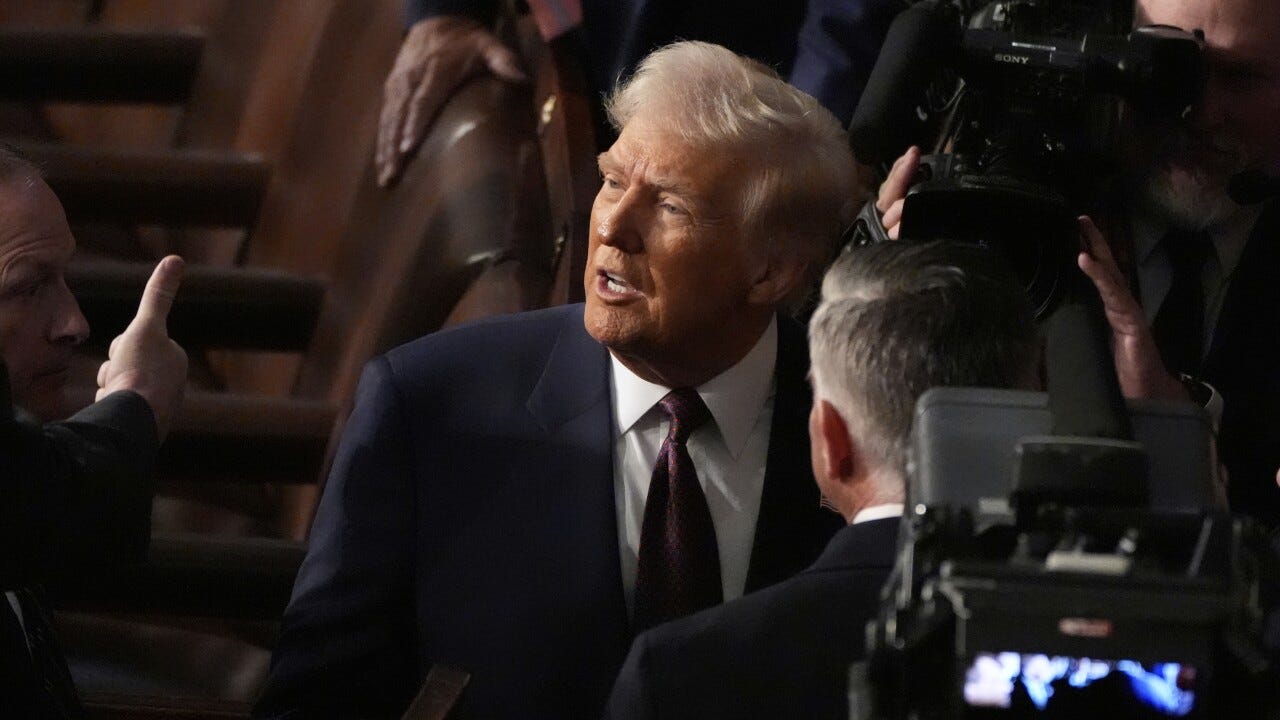
Trump signs order establishing strategic Bitcoin reserve
President Trump signed an order Thursday to create a federal Strategic Bitcoin Reserve, signaling new federal support for cryptocurrency in general and Bitcoin in particular.
Scripps News
Could Wisconsin become a cryptocurrency hub?
A proposed bill authored by state Sen. Dora Drake, a Democrat from Milwaukee, announced last week aims to position Wisconsin as a leader in financial technology innovation.
Dubbed the Wisconsin Innovation Network, or WIN, bill, the legislation aims to create a regulatory framework for the use and integration of virtual currencies such as bitcoin in the state while ensuring consumer protection.
The bill also creates a two-year pilot program to educate the public about cryptocurrencies and provide grants for entrepreneurs to establish cryptocurrency-related businesses.
“This is literally a new frontier of innovation where you can really set up business owners, entrepreneurs and everyday people to win,” Drake said.
The bill would establish a financial services innovation program under the Department of Financial Institutions. The program would allow entrepreneurs, businesses and financial institutions to test, innovate and implement products, services or delivery mechanisms without the need for immediate licensing, but under the approval and scrutiny of the DFI, for a two-year test period. Entrepreneurs must apply to be part of the program and have no financial crimes in their background.
The DFI would oversee the pilot project, which would help businesses adopt cryptocurrency as a payment method and help support fintech entrepreneurs launch or expand crypto-related businesses. The bill allocates $2 million in grants to achieve those efforts.
“We understand it is a new issue. The industry is very nuanced,” Drake said. “I do see this as an opportunity for people to just understand what it is.”
Drake has more altruistic reasons for introducing this bill. She serves on the governor’s council for financial literacy and noted that many people are victimized by AI and cryptocurrencies scams, with little recourse. These people are scammed in calls from someone pretending to be a relative in dire need, asking for money to be sent in cryptocurrencies.
There are legitimate opportunities for people to invest in bitcoin or other cryptocurrencies, but they must be educated about verifiable and reliable sources to do so, she added. And while there are concerns about cryptocurrency fraud, it is here to stay.
“Instead of avoiding the issues, we should educate folks on what it is,” Drake said.
About 14% of Wisconsin adults own cryptocurrency, according to Stand with Crypto, an advocacy group. And the state’s pension system already has millions of dollars invested in a Bitcoin exchange-traded fund, or ETF.
Wisconsin residents can buy Bitcoin, but there’s no clear roadmap for businesses or individuals to create or innovate using cryptocurrency, said Christopher Perceptions, an advisor to the WIN bill and owner of TwentyOneSociety, an educational and consulting firm focused on cryptocurrency.
The two-year test period for innovative financial businesses could provide that, Perceptions said, creating a kind of “sandbox” for entrepreneurs to try out new products and services.
Drake said people may want to provide a service using Bitcoin, but don’t know what they can legally can and can’t do.
Perceptions leaned on his own experience. He wanted to incorporate his Bitcoin-based business in Wisconsin, but couldn’t. Instead, he went to Wyoming. Other states, he said, are more welcoming to this business model. The DFI’s website, he noted, has a small blurb on virtual currency, but doesn’t provide much guidance.
“We don’t want the brain drain to affect Wisconsin,” Perceptions said of businesses seeking friendlier states open to cryptocurrency-based businesses.
About 40 states have cryptocurrency legislation in varying stages, according to the National Conference of State Legislatures.
Perceptions said most Americans investing in digital currency like Bitcoin hoard it. But around the world, it’s used in different ways. This legislation provides a window for people in Wisconsin to do the same.
Likewise, he said business owners need to be armed with knowledge about cryptocurrency, including how to accept it as payment.
“They could be on the cutting edge of this, but it needs to be a soft landing,” Perceptions said. “How do we protect consumers while welcoming innovations?”







